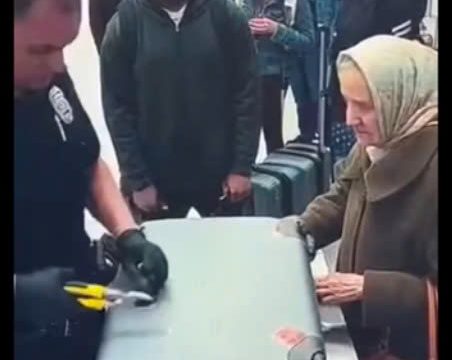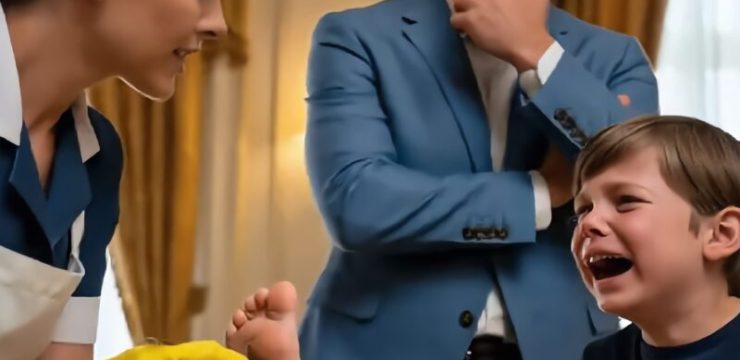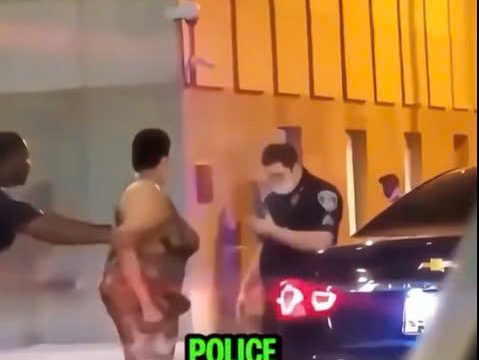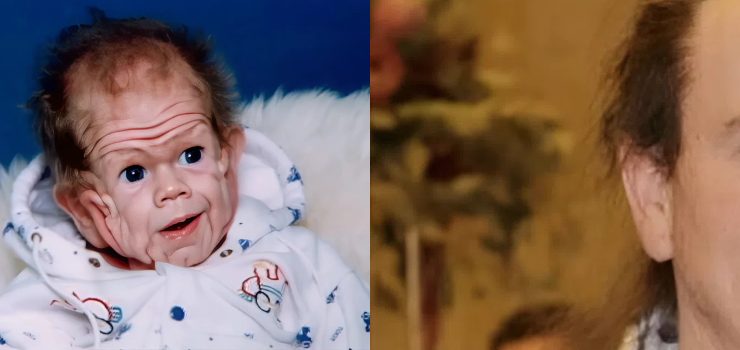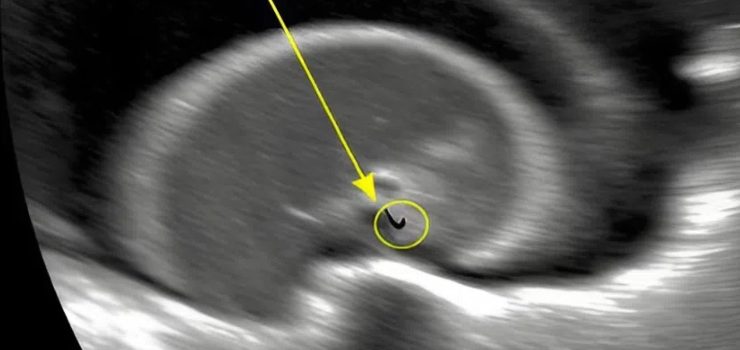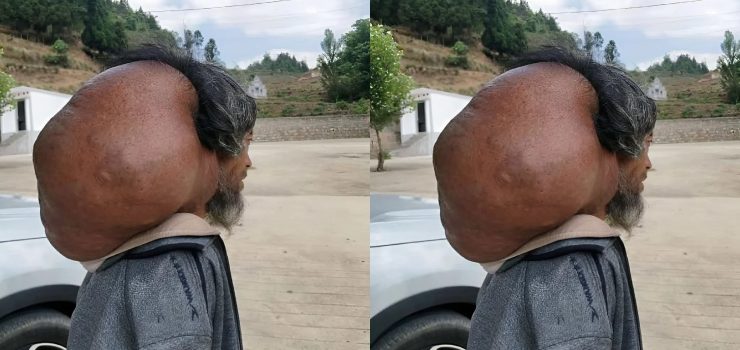I was in the middle of a shower in my hotel room when an unsettling feeling washed over me—the clear sensation that someone was watching me. At first, I tried to dismiss it as just my imagination, but as I turned off the water, I heard footsteps nearby. My breath caught, and my heart started pounding. Wrapping a towel tightly around myself, I cautiously stepped out of the bathroom, only to find my clothes scattered across the floor.
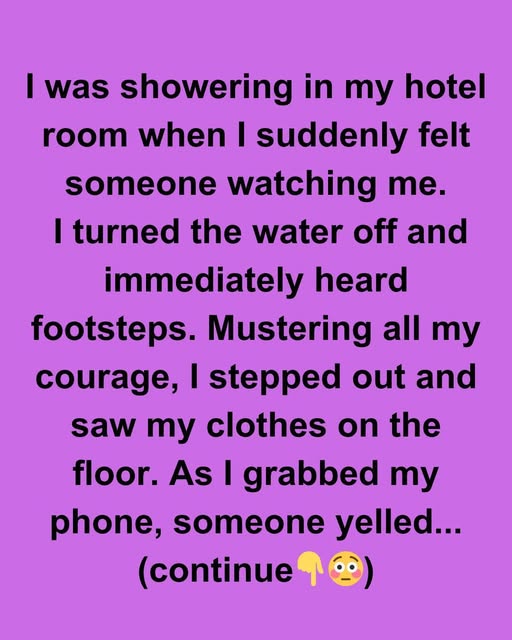
Just as I reached for my phone to call for help, a voice called from the hallway, “Housekeeping!” The tone sounded cheerful, but there was something off—too forced, too shaky. I hadn’t requested housekeeping, and I had even hung the “Do Not Disturb” sign on the door, twice. Still dripping, I cracked the bathroom door open to peek out. No one was in sight, but then I noticed the closet door across the room was slightly ajar. My pulse quickened as I tiptoed toward the nightstand, grabbing a heavy lamp like a weapon. My mind raced—was someone hiding in there? Had someone broken in? I took a deep breath and flung open the closet door. It was empty. No one was inside. But taped to the inside of the door was a white envelope. On it, in handwriting I hadn’t seen in over a year, was a note: “Sorry, this was the only way I could get your attention.
I need to talk to you. –T.” T. Only one person ever signed notes like that—Tavian, my ex-fiancé. The man who disappeared two weeks before our wedding in Barcelona, leaving me with unpaid bills, no explanation, and a heartbroken silence. Since then, I hadn’t heard a single word—no messages, no apologies, just nothing. And now, somehow, he was here. I sat down on the bed, still wrapped in my damp towel, rereading the note again and again. Then my phone buzzed. A text from an unknown number popped up: “Room 317. Please. Just five minutes.” I didn’t answer. Instead, I got dressed, paced the room, and argued with myself. He had no right to show up after all this time, to catch me off guard like this. I thought I had buried that pain for good. But still, I found myself walking down the silent hallway toward Room 317. The corridor was eerily quiet as I reached the door. I knocked lightly, and it swung open almost immediately. There he was—Tavian. Older, worn, his eyes searching mine.
He said nothing at first, simply stepping aside to let me enter. The room smelled faintly of cheap coffee and regret. Finally, he spoke in a low voice, “I know I don’t deserve your time. But I need to explain.” “You disappeared,” I said sharply. “I thought you were dead.” “I almost was,” he replied. Then he told me everything. The morning of our rehearsal dinner, he found out his estranged father—who had been missing for years—was arrested for running a massive shell company overseas. Tavian had unknowingly signed documents linked to the operation, and the Feds showed up with an ultimatum: cooperate and enter witness protection, or face charge
He chose to disappear. “I didn’t have time to explain. They moved me that night,” he said. “I’ve been living under a new identity in Montana for the past 14 months. The case closed last month. I’m finally free.” I studied his face, searching for lies, but all I saw was exhaustion, sadness, and truth. “I didn’t reach out sooner,” he added quietly, “because I was scared you’d hate me.” “I did,” I whispered. “Until now, I thought you were just a coward who ran away.” “I never stopped loving you. Not for a single second.” The room went still, heavy with words left unspoken and time lost. But beneath the hurt, I realized something else—he hadn’t left to escape me. He left to protect me, from something bigger than either of us. “Why now?” I asked. He pulled a faded photograph from his wallet—the picture of us on the cliffs of Santorini, the day he proposed. Worn and creased, but clearly cherished. “I saw your photo online last week. You were here. I couldn’t believe it. I got on the next flight.” I sat there stunned. Reckless, unexpected, but real. “I’m not promising anything,” I said as I reached for his hand. “But I’m not walking away again without hearing everything.” He smiled softly. “That’s all I hoped for.” Sometimes people don’t vanish because they stop caring—they disappear because they believe it’s the only way to protect those they love. Forgiveness isn’t about forgetting; it’s about allowing yourself to heal on your own terms, in your own time. And sometimes, the closure we thought would never come arrives as a second chance—when we least expect it.
